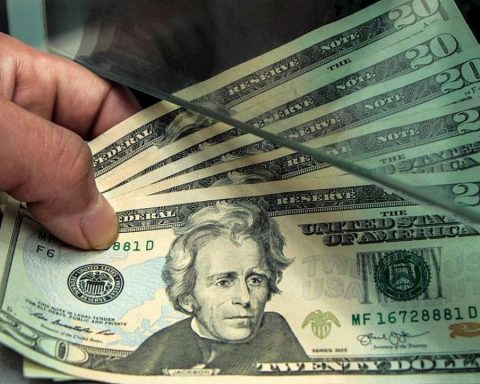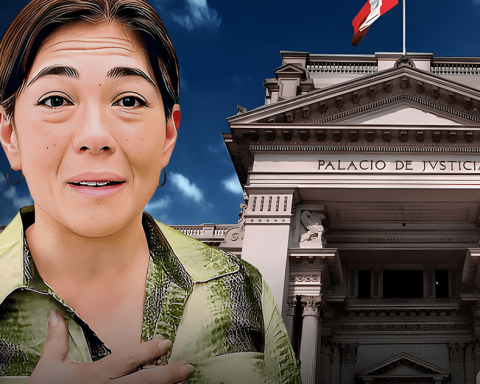Credit Suisse bank shares They plummeted this Wednesday morning by more than 30% and touched a record low, dragging down the rest of the financial papers, after the decision of its main investor not to expand its shareholding and in the midst of a climate of widespread mistrust in the system international banking.
Amar Al Judairy, President of the Saudi National Bankthe main shareholder of Credit Suisse, ruled out investing more money in the bank in a television interview, according to reports by the Bloomberg and AFP agencies.
“The answer is absolutely no, for various reasons that are regulatory and statutory,” Al Judairy declared, explaining that increasing the current share from 9.8% to more than 10% would bring “a series of new rules” into force.
Credit Suisse, founded in 1856, is the second largest bank in Switzerland and one of the largest in Europe
Aiming to bring peace of mind, Credit Suisse Chairman, Axel Lehmann, affirmed that the bank does not need any government bailout and that it has “a solid balance sheet”.
Lehmann was confident in the restructuring process that the bank began months ago, in which it will seek to focus on wealth management, disassociating itself from its investment unit.
Credit Suisse, founded in 1856, is the second largest bank in Switzerland and one of the largest in Europe.
Last month it reported a net loss of US$7,917 million in 2022, the worst result recorded by the entity since the 2008 financial crisis.
The annual report, released Tuesday, further acknowledged that “material weaknesses” were identified in internal controls over its financial statements and that its management team is working to “strengthen risk and control frameworks.”
Last month it reported a net loss of US$7,917 million in 2022, the worst result recorded by the entity since the 2008 financial crisis.
In 2021, the bank lost $5.1 billion from its exposure to the collapsed investment fund Archegos Capital Management.
That same year, Swiss regulatory authorities accused the bank of making “partly false and overly optimistic” statements. regarding its exposure to the bankrupt Greensil Capital, where it invested US$ 10,000 million from its clients.
In 2022, the journalistic investigation “Suisse Secrets” agreed to a leak in which it was discovered that the bank housed deposits from clients linked to drug trafficking, money laundering, corruption, torture and other crimes for decades, using the laws of banking secrecy that apply in Switzerland and the lack of bank controls.
An eventual collapse of the Swiss bank would be more serious than that of the SVB as it has a much larger balance sheet and greater interconnections in the world
All these scandals led the entity to suffer heavy bleeding in its deposits that started in the fourth quarter of last year for more than $100 billion and has “stabilised, but not yet reversed” since then, according to the annual report.
According to a note from Citigroup analysts, Al Judairy’s comments “are insufficient to explain the magnitude of today’s drop”, which is also due to the global situation in recent days, after the fall of Silicon Valley Bank (SVB) and Signature Bank.
The collapse of Credit Suisse shares caused fear in the market and dragged down other European banks in the stock market, such as Société Générale (-12.5%), BNP Paribas (-11%), Commerzbank ( -10%), UBS (-8.5%) and Deutsche Bank (-8.5%).
Some of the papers, including those of Credit Suisse itself, had their listing paralyzed due to heavy losses.
Economist Noriel Roubini, renowned for anticipating the subprime mortgage crisis, said this Wednesday morning in an alarmist tone, that a Credit Suisse collapse would lead to a situation similar to that of the Lehman Brothers bankruptcy in 2008, as it was “too much too big to fail and too big to be saved.
According to analysts, an eventual collapse of the Swiss bank would be more serious than that of the SVB as it has a much larger balance sheet and greater interconnections in the world.


















